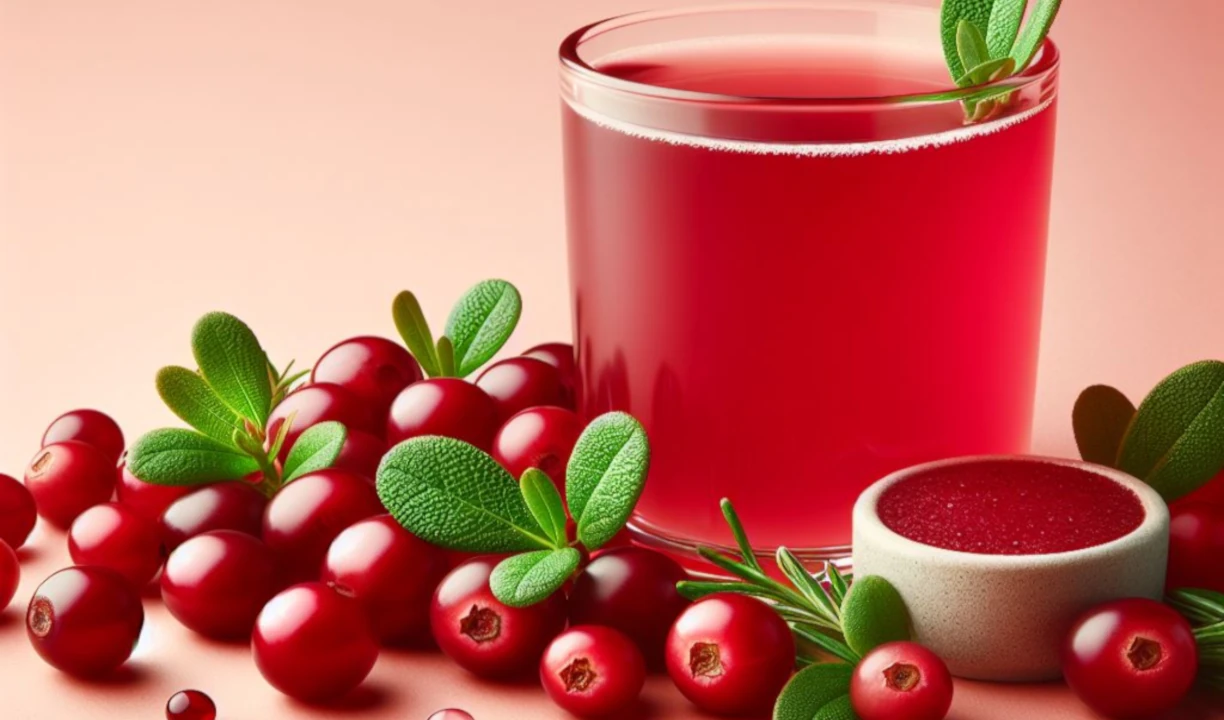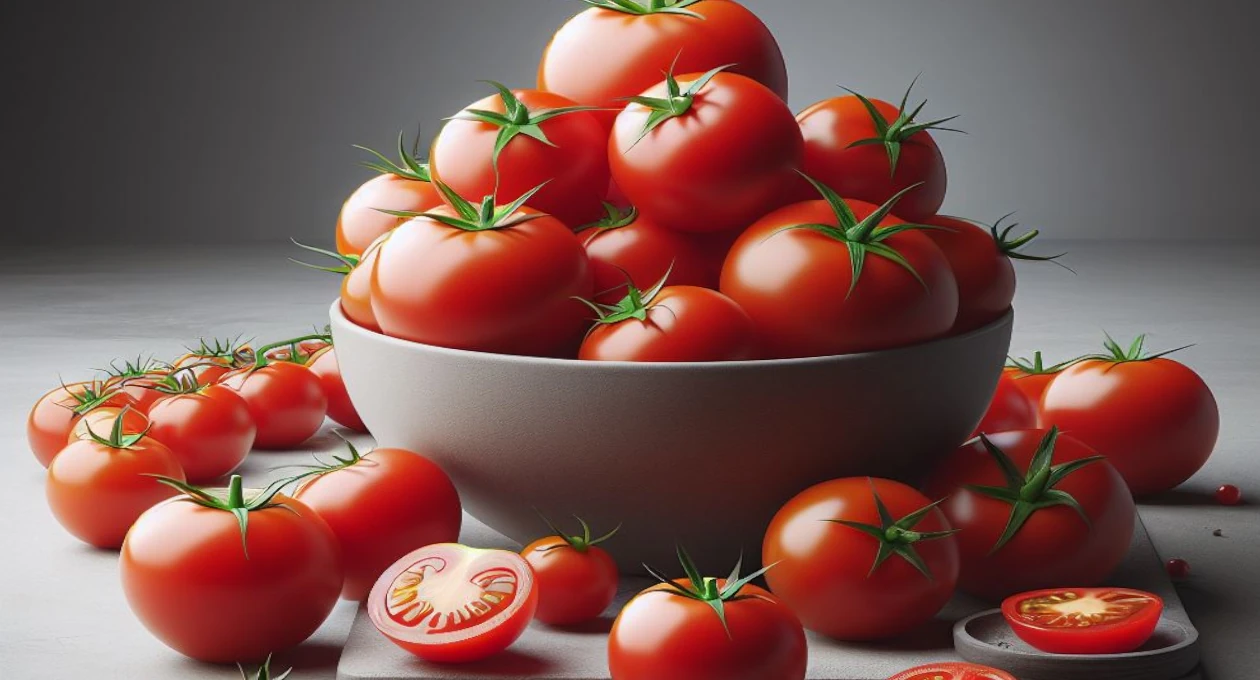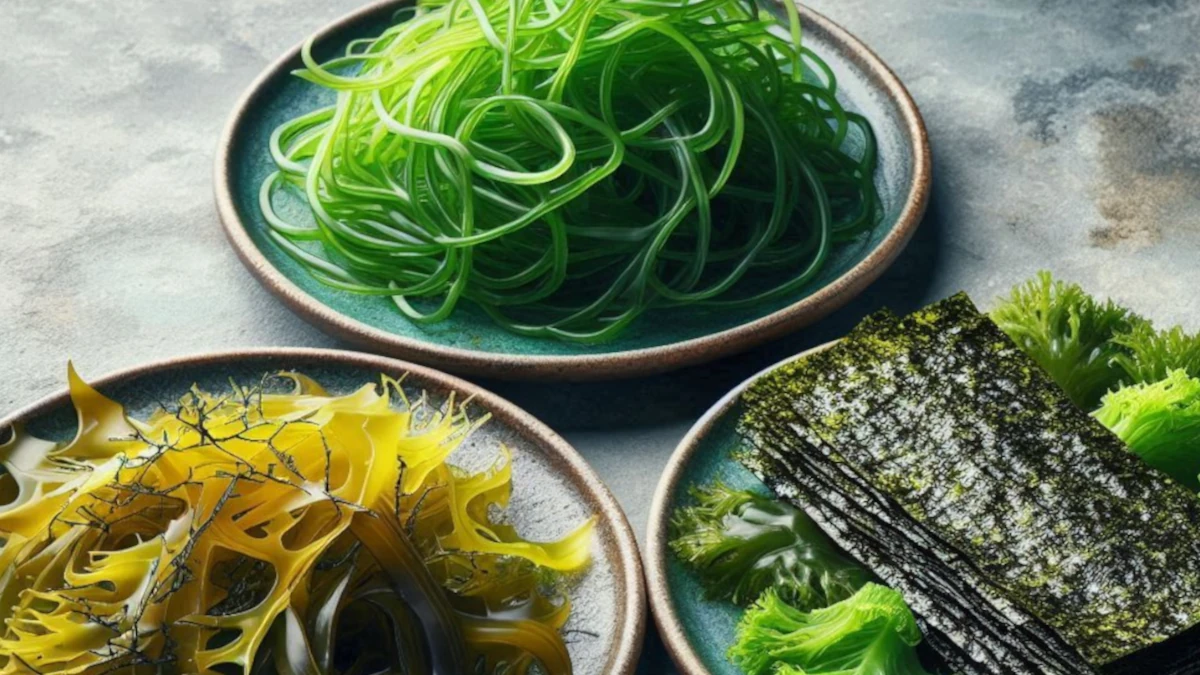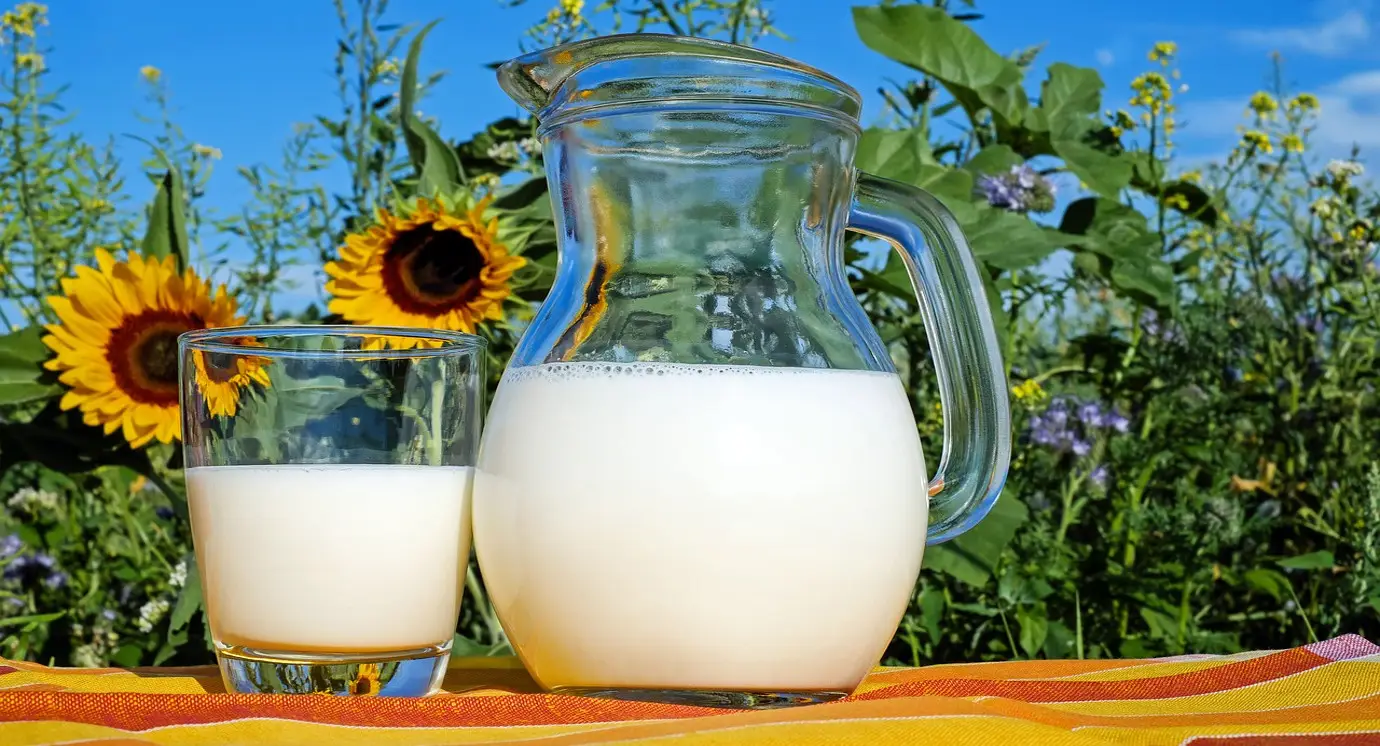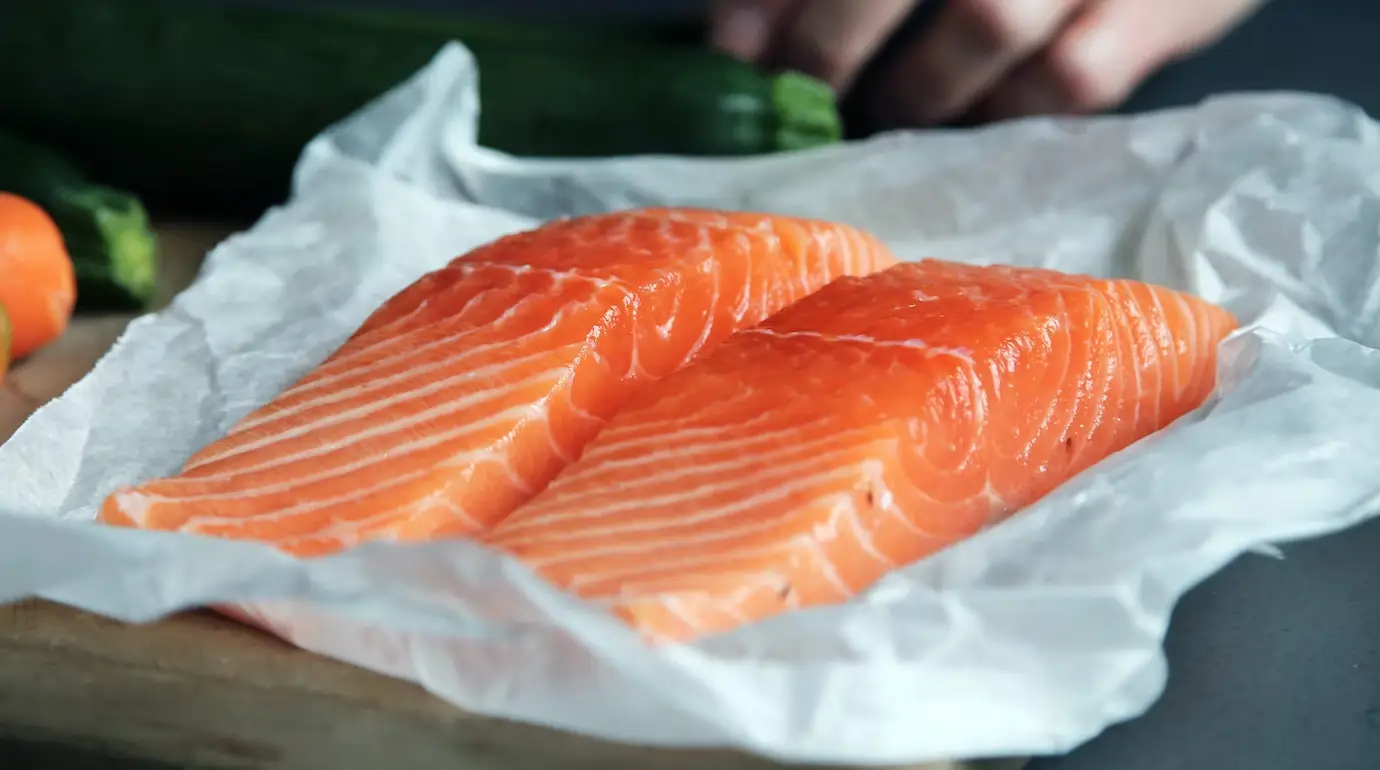Spirulina Lysine and Arginine Info Sheet
Overview
Spirulina is a type of blue-green algae that grows in freshwater and saltwater.It is often consumed as a dietary supplement, either in powder, tablet, or capsule form.
Spirulina is a rich source of protein, iron, calcium, magnesium, and other micronutrients.
It also contains antioxidants, anti-inflammatory compounds, and phycocyanin, a pigment that gives spirulina its blue-green color.
Spirulina may have various health benefits, such as lowering blood pressure, cholesterol, and blood sugar, boosting immunity, and protecting against oxidative stress.
| Name | Lysine (mg/100g) | Arginine (mg/100g) | Ratio |
|---|---|---|---|
| Spirulina | 3030mg | 4150mg | 0.73 |
Spirulina contains 3030mg of Lysine and 4150mg of Arginine per 100g of product.
This means Spirulina has a low Lysine-Arginine ratio of 0.73.
Because Spirulina contains slightly more arginine than lysine, reducing its consumption may help people who suffer from herpes, as it may lower the viral activity.
Lysine Considerations
Spirulina is a good source of lysine, providing 3030 mg of lysine per 100 g of food, which is about 126% of the recommended daily intake for adults.
Lysine may help improve the absorption of calcium, prevent cold sores, and support collagen synthesis.
It is one of the nine amino acids that the human system cannot make by itself, so it has to come from the food we eat.
Lysine has a variety of functions in the body, such as helping with growth, healing, energy, immunity, and collagen production.
Lysine may also have some effects on the herpes virus, which causes cold sores and genital sores.
Studies have suggested that taking lysine supplements or applying lysine cream may help prevent or treat these infections by blocking the amino acid arginine, which the virus needs to grow.
Arginine Considerations
Spirulina is also a good source of arginine, providing 4150 mg of arginine per 100 g of food, which is about 184% of the recommended daily intake for adults.
Arginine may help improve blood flow, erectile function, and exercise performance.
Arginine can benefit your health and performance, such as lowering your blood pressure, healing your wounds, and boosting your exercise endurance.
Arginine can be made by the human body or obtained from foods like meat, dairy, nuts, and soy.
Unfortunately, the herpes virus is known to "feed" on arginine, and having a diet higher in arginine than lysine may increase the occurrence and severity of cold sores and herpes outbreaks.
Lysine-Arginine Ratio
Spirulina has a moderate lysine-arginine ratio of 0.73, which means that it has slightly more arginine than lysine.
This may not be optimal for people who have HSV infections, as arginine may promote viral replication, while lysine may inhibit it.
However, the overall amount of both amino acids in spirulina is relatively high, so it may still have some antiviral effects.
Both lysine and arginine are important for protein synthesis and other bodily functions.
The two compounds can affect the herpes simplex virus, which is responsible for cold sores and genital herpes, in opposite ways.
Lysine can your body or stop the virus from reproducing, while arginine can help it propagate.
Eating foods with a high lysine-arginine ratio could help lower the appearance and severity of herpes flare ups.
Some foods that have a high lysine-arginine ratio are milk and cheese, fish, poultry, fruits, and vegetables.
These foods can give the body enough lysine to prevent the virus from taking up arginine, and thus stop its growth and spread.
Dietary Considerations
Algae are aquatic organisms that can perform photosynthesis, such as seaweed, kelp, and spirulina.
Algae are a great source of protein, minerals, and antioxidants.
Some algae have more lysine than arginine, such as spirulina, chlorella, and nori.
These algae can help prevent or treat herpes outbreaks, as lysine can block the activity of arginine.
Other algae have more arginine than lysine, such as kelp, wakame, and dulse.
These algae can trigger or worsen herpes outbreaks, as arginine can stimulate the herpes virus.
Algae should be balanced with other lysine-rich foods, such as dairy, fish, or poultry.
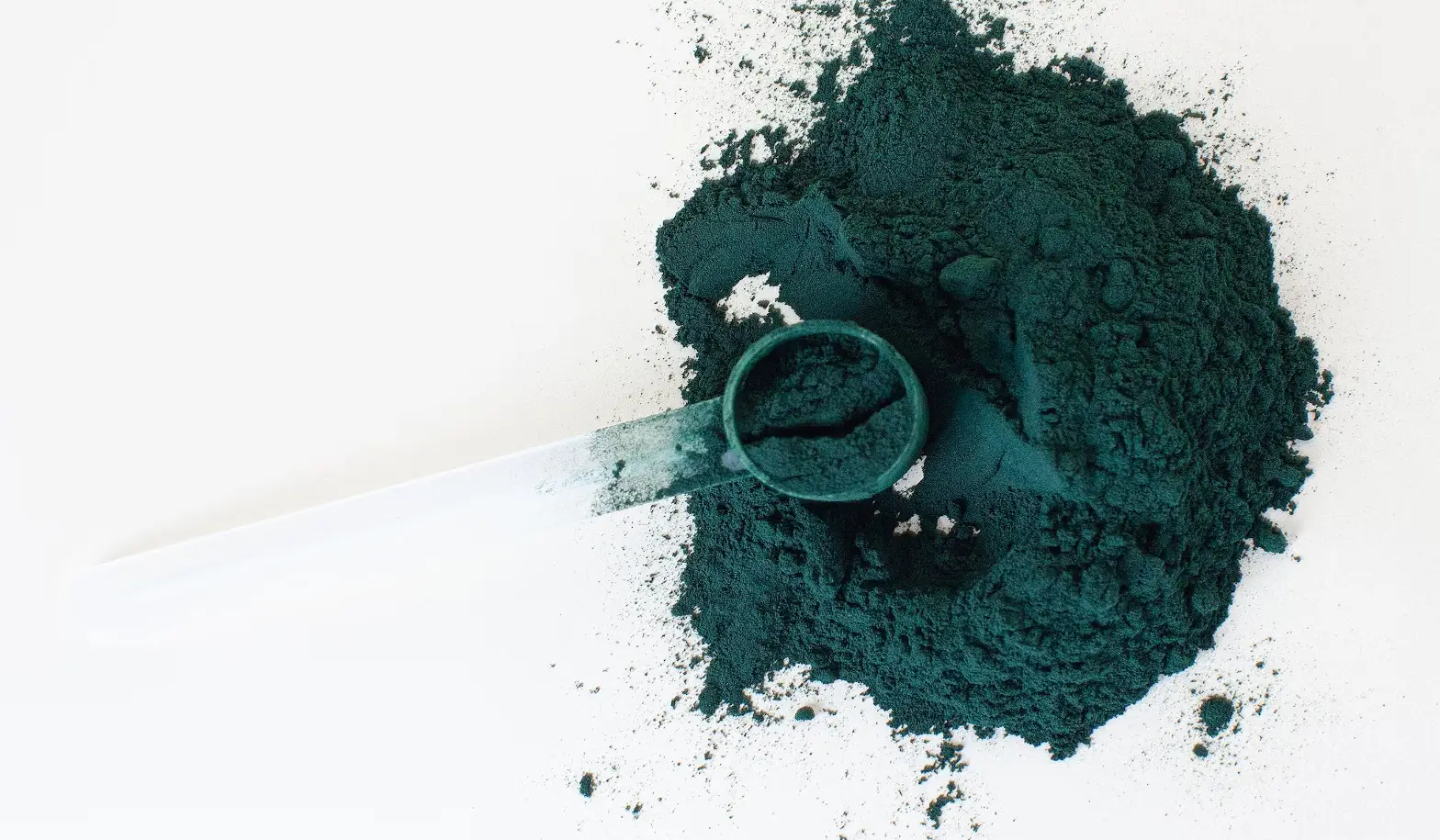
For instance:
Avoid alcoholic beverages and caffeine which can overstimulate your body, leave you dehydrated, and compromise your immune system.You may want to take l-lysine supplements.
L-lysine is known to prevent herpes outbreaks and it can help stop a cold sore in its initial stages by "starving" the virus of arginine before it has a chance to cause a cold sore.
Foods that can boost your immunity and fight inflammation are essential to prevent outbreaks.
Honey, yogurt, aloe vera, and chamomile are some examples of these foods.
They can also soothe your symptoms and help you recover quicker by reducing pain, swelling, and itching.
Check more food information
